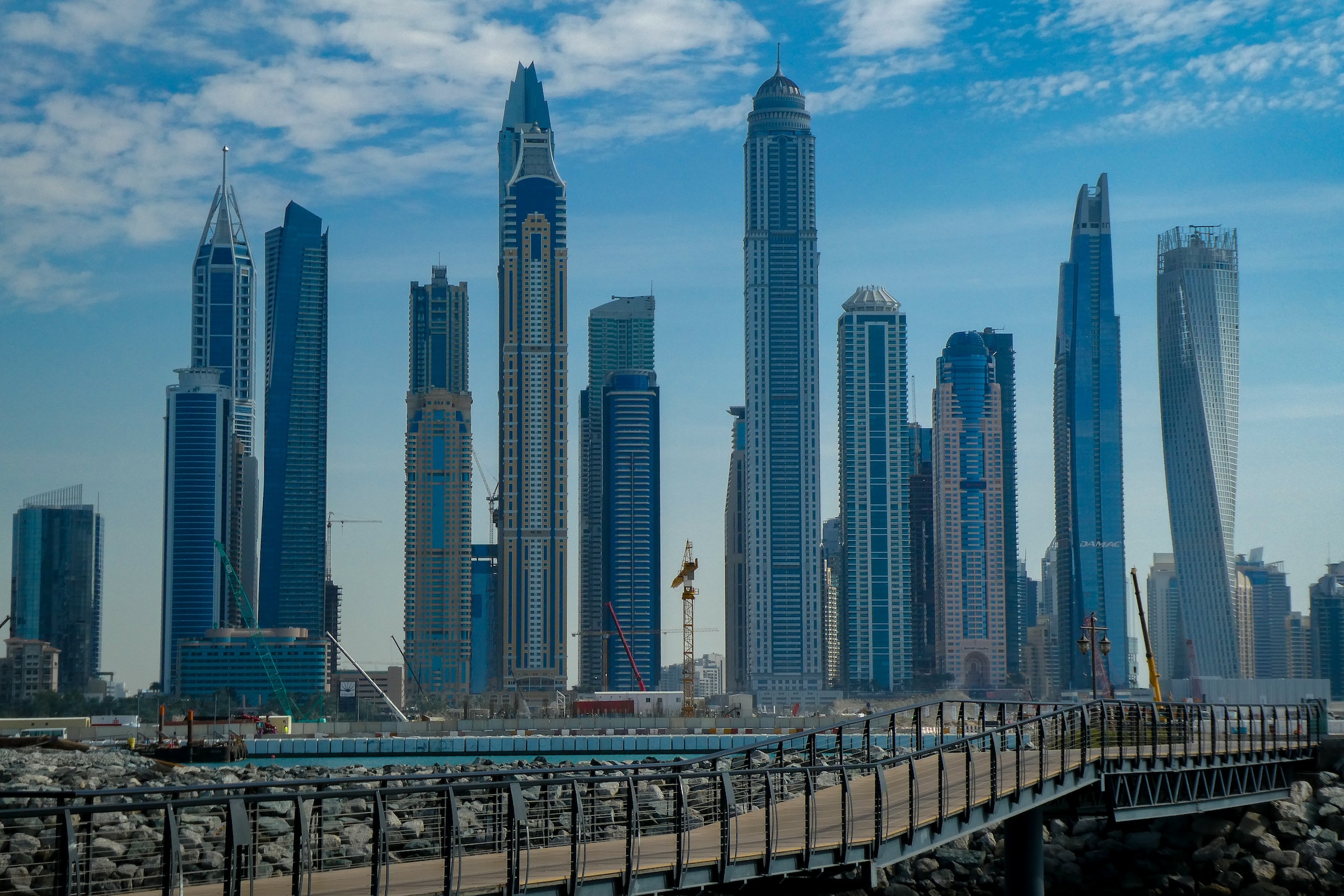Why Sustainability is Key to the Future of Retail in the UAE

Sustainability has become a buzzword across many industries, including retail. In the UAE, where the retail sector is booming, sustainability is no longer an option but a necessity for retailers.
In this article, we argue that sustainability is critical to the future of retail in the UAE. We’ll also provide tips for retailers on how to improve their environmental impact.
Why sustainability is key to UAE retailers
Here are the following reasons why sustainability is an important component to UAE retailers’ business models:
It meets the demands of modern-day consumers
Firstly, sustainability is critical to meeting the demands of the modern-day consumer. Consumers are more aware and concerned about the impact of their purchasing decisions on the environment and society.
As a result, they actively seek products and services from environmentally responsible and socially conscious companies. Retailers that need to incorporate sustainable practices risk losing customers to competitors more committed to sustainability.
It saves costs for retailers in the long run
Secondly, sustainability can lead to cost savings for retailers in the long run. Energy-efficient lighting, reducing waste, and utilizing recyclable materials can all help retailers reduce operating costs.
By implementing sustainable practices, retailers can improve their brand image and reputation, increasing customer loyalty and sales.
It aligns with governmental interests
Thirdly, the UAE government has promoted sustainability across all sectors, including retail. The government has introduced several initiatives, such as the UAE National Program for Green Growth and the Dubai Integrated Energy Strategy, which aim to reduce the carbon footprint and promote sustainable practices.
Retailers that incorporate sustainable practices align themselves with the government’s objectives, which can lead to regulatory benefits and incentives.
It is critical to protecting the environment and future generations
Finally, sustainability is critical to preserving the environment and the well-being of future generations. The UAE already faces significant environmental challenges such as water scarcity, desertification, and rising temperatures due to climate change.
Retailers must recognize their role in contributing to these challenges and take action by implementing sustainable practices to mitigate their impact.
Sustainability is no longer an option but a necessity for retailers in the UAE. By incorporating sustainable practices, retailers can meet the demands of the modern-day consumer, lead to cost savings, align with the government’s objectives, and preserve the environment for future generations.
How to improve sustainability as a retailer
It is time for retailers in the UAE to recognize the importance of sustainability and take proactive steps to make their businesses more sustainable.
Here are ten steps retailers can take to reduce their environmental impact and create a more sustainable shopping experience for customers:
1. Optimize Packaging: Minimizing single-use packaging materials like plastic bags and bubble wrap wherever possible will help reduce the waste a store produces. Retailers should swap out single-use materials with reusable or recyclable alternatives when possible.
2. Reduce Water Usage: Retailers should look into reducing water consumption in their stores, such as installing low-flow faucets and toilets or using waterless car wash systems for vehicle cleaning services. This helps to conserve precious resources and save money in the long run.
3. Invest in Energy Efficiency Measures: Installing energy-efficient lighting, appliances, and air conditioning units can help a store reduce energy consumption while decreasing costs. Additionally, retailers can consider investing in renewable energy sources like solar panels to power their stores.
4. Encourage Recycling Programs: Retailers can introduce recycling programs encouraging customers to recycle items after use or donate used products instead of throwing them away. This helps to reduce waste and encourages customers to think more consciously about their consumption habits.
5. Utilize Eco-friendly Suppliers: Retailers should look for suppliers committed to sustainable practices such as using recycled materials or eco-friendly production methods. By partnering with the right vendors, retailers can help to minimize their environmental impact even further.
6. Move Towards Zero Waste: Stores should strive to create a zero-waste environment by properly disposing of hazardous materials in an environmentally friendly manner and recycling what they can’t sell.
7. Donate Excess Inventory: Instead of throwing away excess inventory, retailers can donate products that would otherwise go unused or be thrown away, helping those in need and reducing the amount of waste produced.
8. Employ Sustainable Practices: Employee education and training are vital in helping a store transition to more sustainable practices. Retail can provide employees with information on their actions affect the environment and demonstrate how they can help reduce their impact.
9. Educate Consumers: Retailers should also make sure they’re educating consumers about sustainability so that customers become aware of the environmental impact of their purchases and how they can make better choices when shopping.
10. Use CRM Systems to Track Metrics and Engage Customers: Utilizing customer relationship management (CRM) systems is an excellent way for retailers to track sustainability metrics such as energy consumption and waste reduction. This can help retailers identify areas where they need to make improvements and find opportunities to engage customers in sustainability initiatives.
Conclusion
Retailers must have the tools to track and report on sustainability metrics and engage customers in sustainability initiatives. Using CRM systems, retailers can monitor their environmental impact, identify areas for improvement, and make data-driven decisions.
Moreover, retailers can leverage their CRM systems to engage customers in sustainability initiatives, such as promoting sustainable products, providing information on eco-friendly practices, and offering incentives to customers who make sustainable choices.
With the growing importance of sustainability in the retail industry, leveraging CRM systems to promote sustainability initiatives can provide a competitive advantage and strengthen customer loyalty.
Learn more about tools and features to track business activities. Book a FREE demo below.
Curious how digital ecosystems can help improve your business?
Check out how digital ecosystems can boost your company performance by getting started here.
Book a Demo